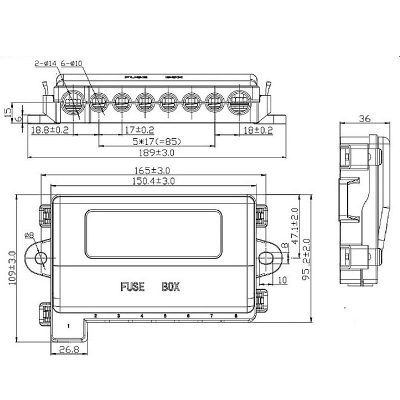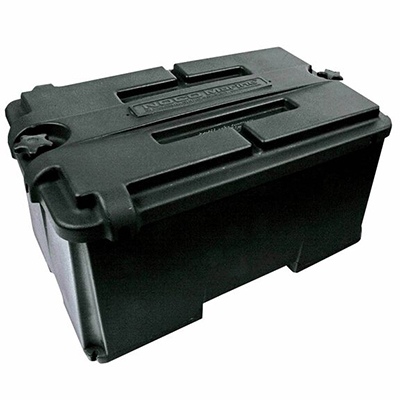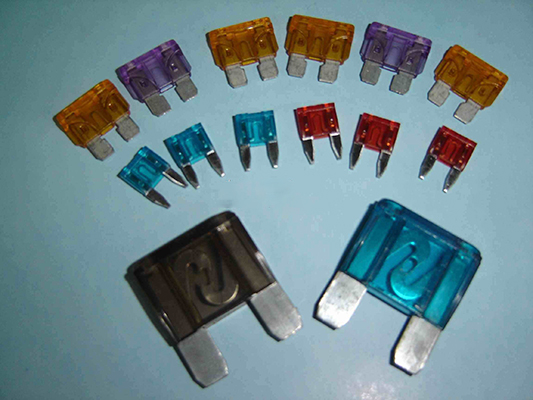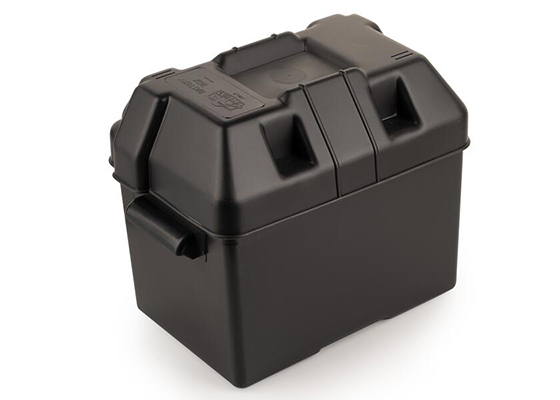Electrical Safety Measures Using Fuse Boxes in Urban Commuter Cars
News 2025-10-31
Fuse boxes are essential components in the electrical systems of urban commuter vehicles, providing critical protection against overloads and short circuits. In the fast-paced environment of city driving, where vehicles frequently encounter stop-and-go traffic and varying electrical demands, these devices ensure reliable operation of systems like lighting, power windows, and electronic controls. By safeguarding against potential hazards such as fires or system failures, fuse boxes contribute significantly to overall vehicle safety and longevity in compact city cars designed for efficiency and maneuverability.

Application in Urban Settings
In urban commuter vehicles, fuse boxes are strategically integrated to handle the specific challenges of city environments. These include managing high-frequency use of electrical components during short trips, such as navigation systems and climate control, which are vital for driver comfort and safety in congested areas. The design must accommodate limited space in smaller vehicles, often featuring modular layouts that allow easy access for maintenance. This adaptability ensures that fuse boxes can protect circuits from the stresses of urban conditions, like vibrations from rough roads and exposure to moisture, thereby maintaining consistent performance during daily commutes.
Performance Advantages
Fuse boxes in city cars offer several key benefits that enhance electrical system efficiency. They provide rapid fault detection by interrupting current flow when overloads occur, minimizing the risk of damage to sensitive electronics and reducing downtime. Advanced materials and designs improve durability, resisting corrosion and thermal stress common in urban settings. Additionally, these components support energy management by optimizing power distribution, which can extend battery life and reduce emissions in eco-friendly commuter vehicles. Overall, their robust construction and precise functionality make fuse boxes a cornerstone of safe and efficient urban mobility.
Frequently Asked Questions
1. What is the primary function of a fuse box in a vehicle?
It protects electrical circuits by using fuses that melt and break the connection during overloads or shorts, preventing damage and potential hazards.
2. How do fuse boxes contribute to safety in urban driving?
They safeguard against electrical failures that could cause fires or malfunctions, which are particularly critical in high-traffic city areas with frequent stops and starts.
3. Can fuse boxes be customized for different vehicle types?
Yes, they can be tailored with specific fuse ratings and layouts to match the electrical demands of various urban commuter models, enhancing compatibility and performance.


